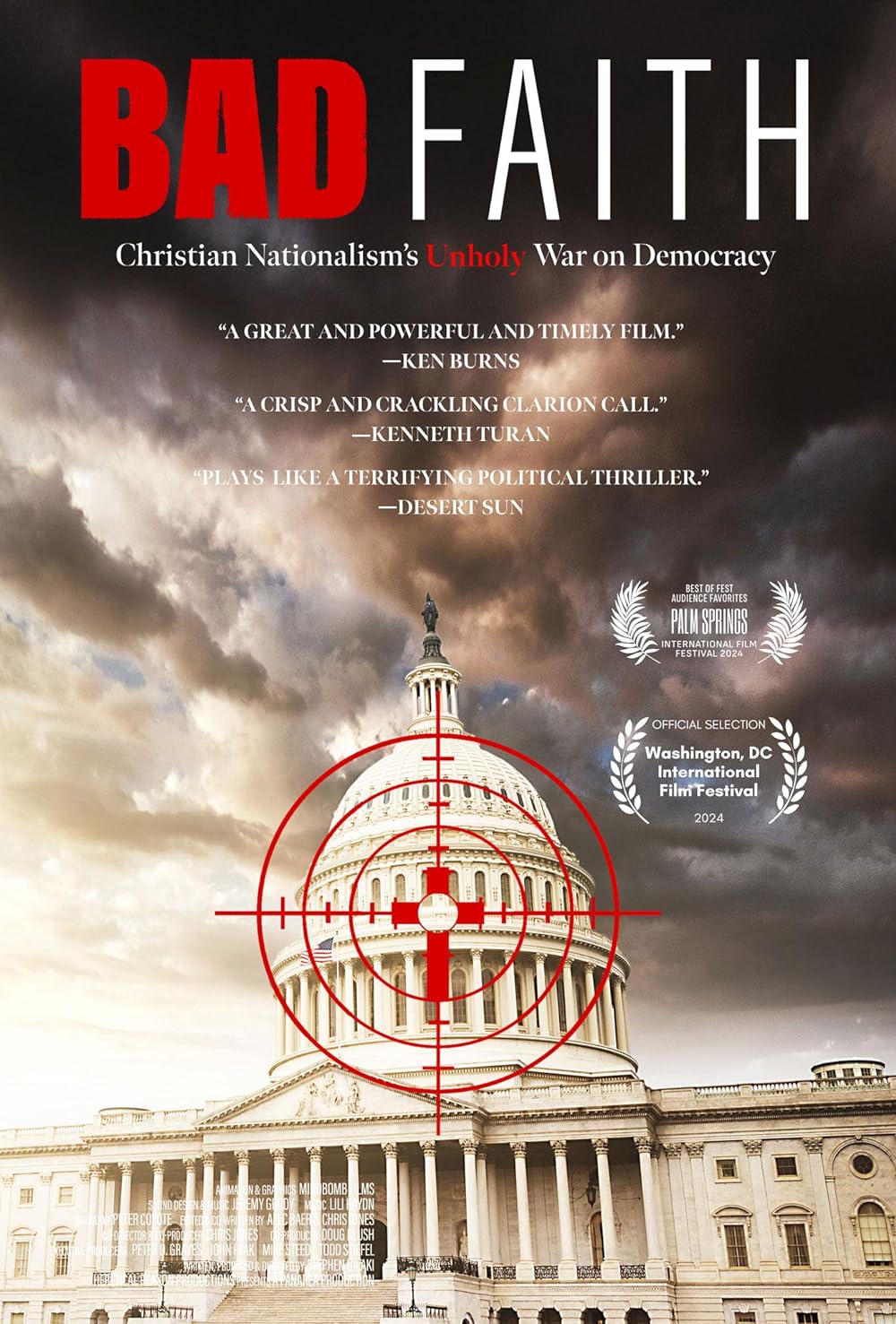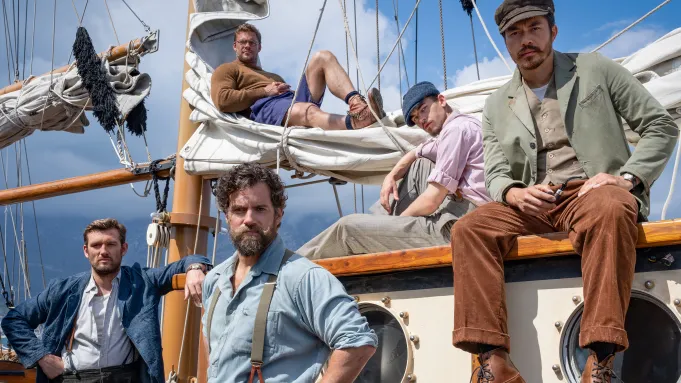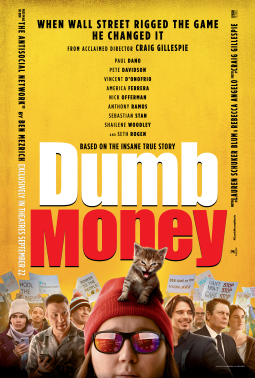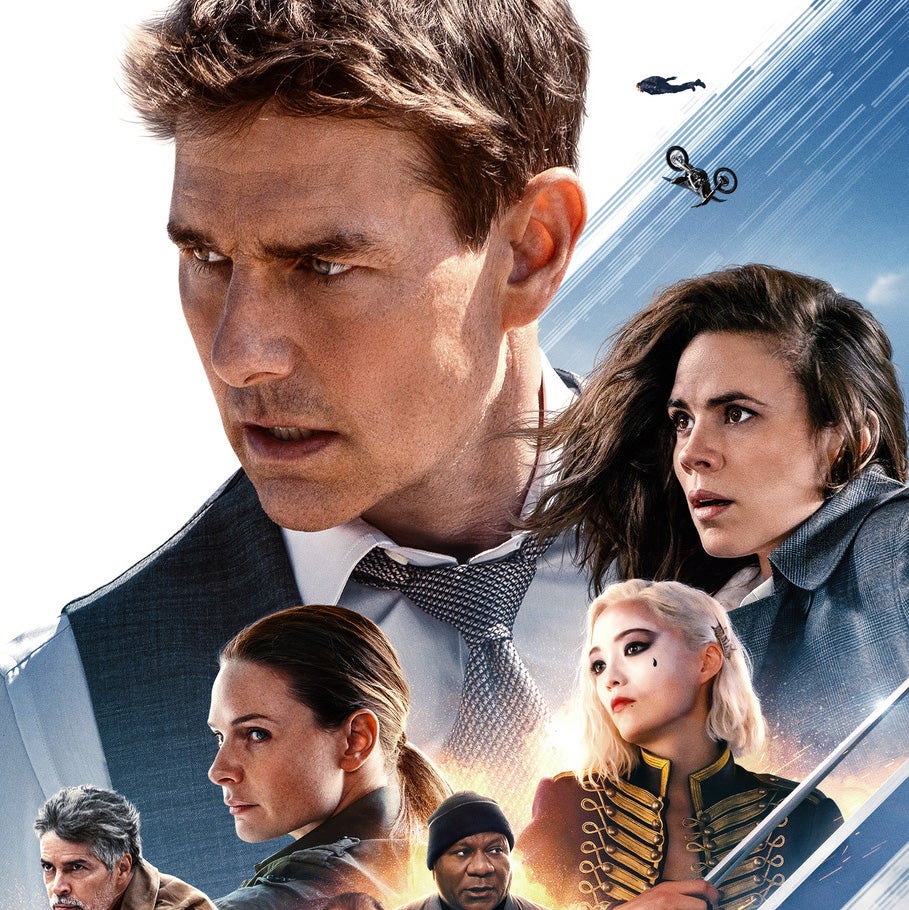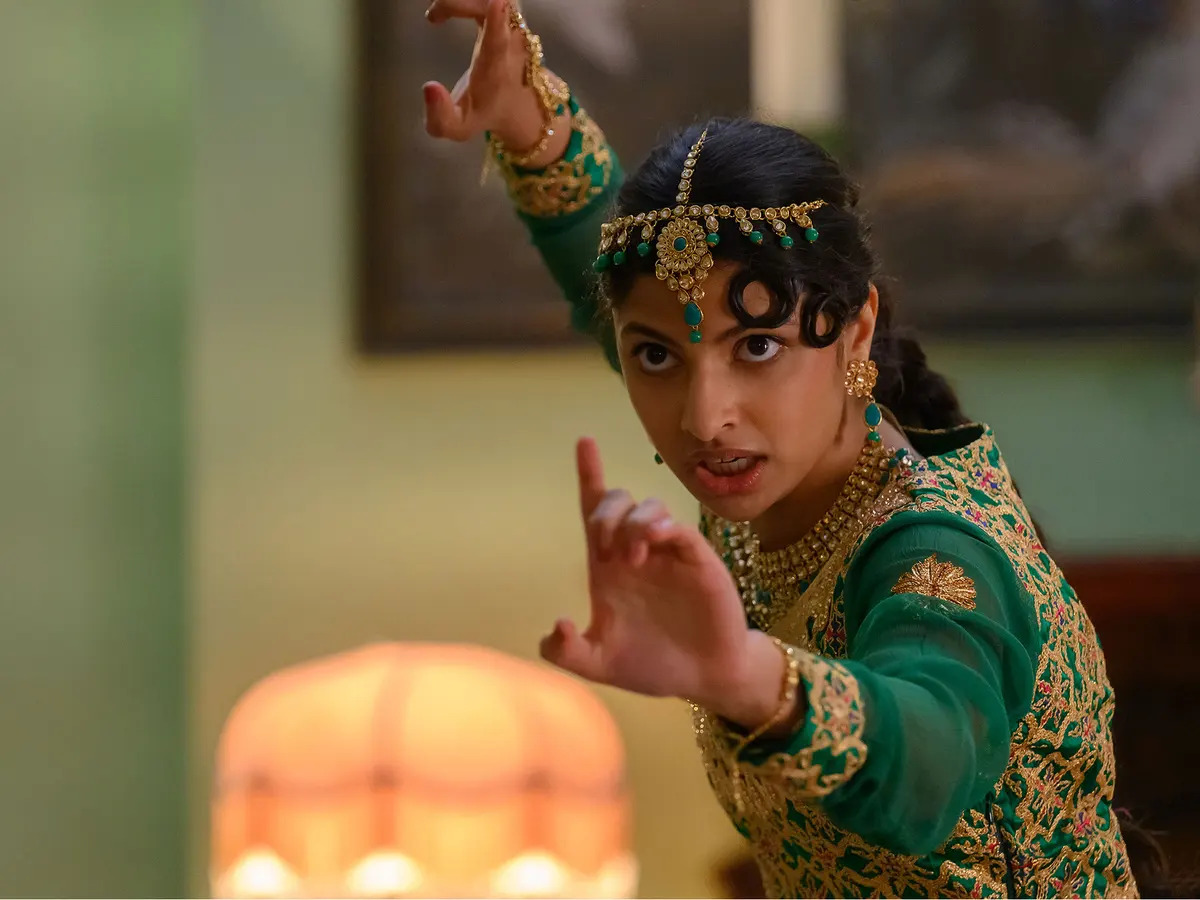In Her Shoes
Posted on October 3, 2005 at 10:30 am
A-| Lowest Recommended Age: | Mature High Schooler |
| Profanity: | Some strong language |
| Nudity/ Sex: | Sexual references and situations, character is promiscuous |
| Alcohol/ Drugs: | Drinking, smoking, character drinks too much |
| Violence/ Scariness: | Tense confrontations, reference to suicide, some spills, sad death |
| Diversity Issues: | None |
| Date Released to Theaters: | 2005 |
Siblings divide up the world to prove who they are, and the closer they are to each other, the more they depend on each other, the harder they would to stake their claim to being different from each other. In this formulaic but affecting movie, two sisters are connected by — and torn apart by — the way that only the two of them understand what it was like to grow up in their house.
Rose (Toni Collette) is the good girl, the responsible, honor roll daughter, now a very serious lawyer whose romantic encounters are so rare that when we first see her, she is taking a photograph of the man sleeping in her bed as a souvenir. She works all the time and the closest she gets to having fun is spending money on insanely extravagant shoes, which sit neatly lined up in her closet in mint condition.
Her younger sister Maggie (Cameron Diaz) is the mess, nothing neatly lined up about her. She drinks too much, sleeps around too much, and is happy to take what she can get, lifting cash from family members’ sock drawers and smiling at men to get them pick up her bar tab. She gets fired a lot because she is dyslexic. She is afraid people will believe she is stupid. She wonders if they would be right. When her stepmother Sydelle (Candace Azarra) throws Maggie out of the house, all her things stuffed in a trash bag, she moves in with Rose.
Things begin badly and get worse. Maggie takes Rose’s money, messes up her apartment, wears her shoes, and seduces he man Rose is hoping will be her boyfriend. Rose throws Maggie out.
Maggie discovers a hidden drawer of undelivered letters from a grandmother she never knew she had, so she takes the train to Florida to meet her. Ella (Shirley MacLaine) lives in “a retirement community for active seniors.” At first, Maggie is as hostile and unyielding as a sullen teenager. But Ella’s patience and grandmotherly combination of wisdom and unconditional love get Maggie off of the lounge chair by the pool and into scrubs as an attendant at the local assisted living facility. Her sense of accomplishment there, especially her friendship with a blind former professor (Lloyd Nolan) who patiently encourages her to read, help her to find a way to a job that is just right for her.
Meanwhile, Rose is also exploring a different career path, and feeling better about herself allows her to see that there is someone who knew how special she was, even before she did.
The set-up is as heavy-handed as the shoe metaphor, but heartfelt performances, sympathetic direction from Curtis Hansen (L.A. Confidential, 8 Mile), and some sharp writing make up for some soapiness and inconsistency. The very different performing styles of Diaz (star dazzle), Collette (drama school), and MacLaine (old-time Hollywood) help convey the clash of their characters. The supporting cast, especially Nolan, go far to try to overcome the usual stereotyping — perfect boyfriend, adorable oldsters, witchy stepmother. And it has several of what my husband considers the definitive requirement of a chick flick — a big, fat apology. You might not want to walk a mile in these shoes, but for a couple of hours, they fit pretty well.
Parents should know that Maggie is promiscuous and drinks too much. When we first see her, she is drunk and having sex with someone whose name she does not quite know — until she interrupts sho she can throw up. There are sexual references and non-explicit sexual situations. Characters drink and smoke and use some strong language. There are references to mental illness and suicide and there is a sad death.
Families who see this movie should talk about all of the different feelings Rose and Maggie had about each other. What connected them? What drove them apart? How did they compete with each other? How did they help each other? How did their new jobs change the way they felt about themselves? Why did Simon say he could not marry Rose? What did Maggie and Rose find hardest to like about themselves? Families may also want to talk about people like Sydelle — why do they hurt other people’s feelings?
Families who enjoy this movie will also enjoy Terms of Endearment (with MacLaine’s Oscar-winning performance), Down in the Delta with Alfre Woodard, and 28 Days with Sandra Bullock. They should also read the poems read by Maggie in the movie, One Art by Elizabeth Bishop and i carry your heart with me by E.E. Cummings.

